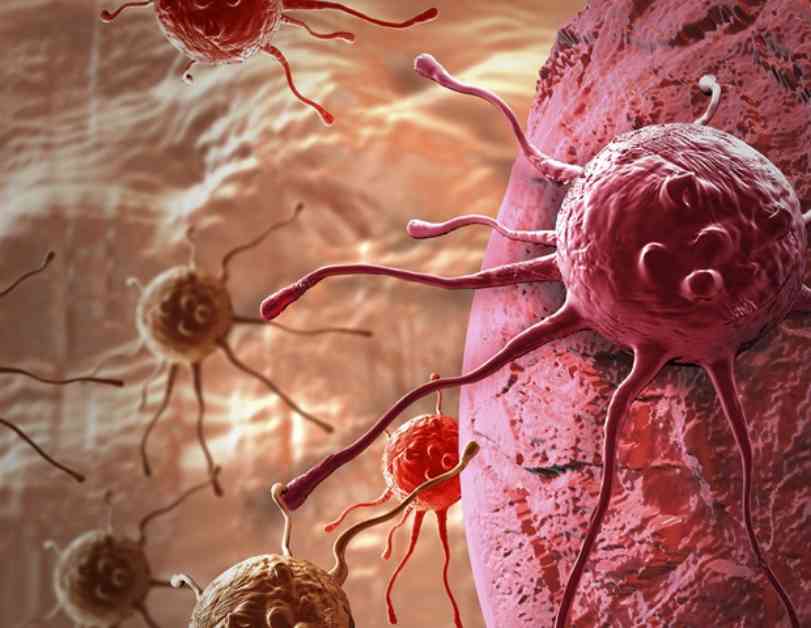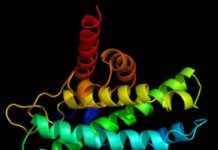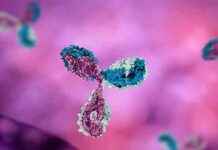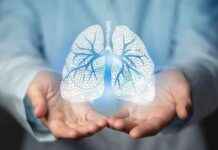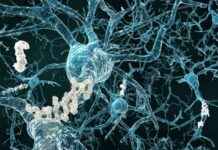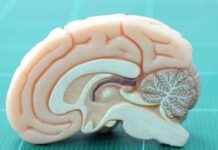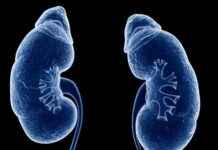UC San Diego Study Reveals Link Between Fatty Liver Disease and Liver Cancer
A groundbreaking study conducted by scientists at the University of California San Diego School of Medicine has uncovered a crucial connection between fatty liver disease and the development of liver cancer, shedding new light on a pressing medical concern. This study, published in the prestigious journal Nature, delves into the intricate relationship between cellular metabolism, DNA damage, and the progression of liver cancer. The findings have profound implications for our understanding of cancer’s origins and the impact of diet on our DNA.
The Alarming Rise of Liver Cancer Cases
Liver cancer, particularly hepatocellular carcinoma (HCC), has seen a significant increase in incidence over the past two decades, with a 25-30% rise attributed to the surge in fatty liver disease. In the United States alone, fatty liver disease affects a quarter of all adults, with approximately 20% developing a severe form known as metabolic dysfunction-associated steatohepatitis (MASH), which significantly heightens the risk of liver cancer. Despite this alarming trend, the transition from MASH to liver cancer remains poorly understood, posing a critical challenge in the field of oncology.
Unveiling the Molecular Mechanisms
Through a meticulous analysis of mouse models, human tissue specimens, and genomic databases, the researchers uncovered a startling process by which MASH-inducing diets, high in fat and sugar, trigger DNA damage in liver cells, leading to a state of senescence. In this state, cells are alive but unable to divide, creating a precarious situation where damaged cells can linger and potentially transform into cancerous entities. Unlike other tissues, liver cells, or hepatocytes, exhibit a unique response where some damaged cells survive senescence, acting as dormant threats that could trigger cancerous growth at any moment.
Promising Paths for Prevention and Treatment
The implications of this study extend beyond mere observation, offering tangible avenues for preventing and treating liver cancer. By targeting DNA damage through novel therapeutic interventions, such as drugs or nutri-chemicals that correct imbalances in cellular materials, researchers aim to disrupt the progression from MASH to cancer. Moreover, the study highlights the need for public awareness regarding the profound impact of diet on cellular metabolism, emphasizing the critical role of healthy eating habits in preventing disease.
In conclusion, the study not only advances our understanding of liver cancer but also underscores the intricate interplay between diet, DNA damage, and cancer development. By unraveling the molecular mysteries behind this deadly disease, researchers pave the way for innovative strategies to combat liver cancer and improve public health outcomes.

